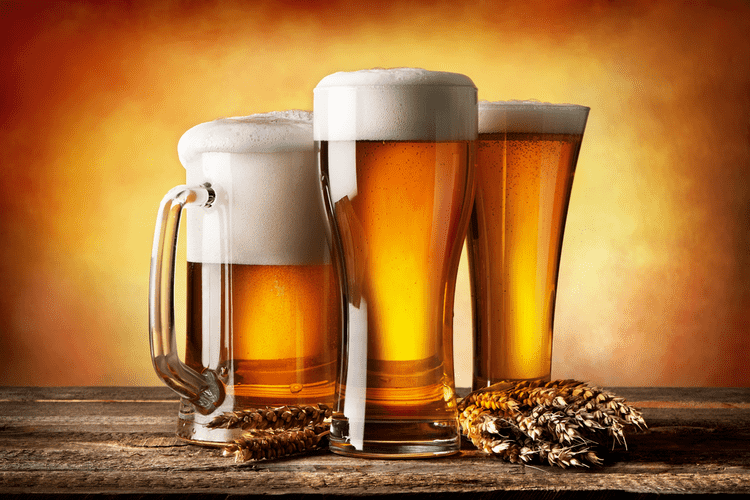The National Institute on Alcohol Abuse and Alcoholism reports several mental health disorders commonly co-occur with alcohol use disorders. Anxiety is one of them, with between 20-40% of people treated for anxiety disorders also meeting the diagnosis for alcohol use disorder (AUD). Or nervous like something you did the previous night was embarrassing?
How Anxiety Can Create Circulation Problems
Other people may experience severe symptoms that require professional intervention. As previously mentioned, your level does alcohol cause panic attacks of alcohol consumption plays a large role in your risk of panic attacks. Assess how much you regularly drink and keep track of this amount.
Recognizing the Pattern and Seeking Support
- However, the more you drink, the more you perpetuate the cycle of alcohol-induced anxiety.
- Alcohol-related panic attacks occur most frequently in people who have co-occurring mental health disorders or a history of chronic alcohol abuse.
- A panic attack is a sudden, overwhelming surge of intense fear that triggers severe physical reactions even when no real danger is present.
It is also recommended that you consult your GP if you are concerned that you have a drinking problem. Social anxiety disorder is not just shyness; it is more severe than this. If you’re still feeling anxious after a few weeks, contact your GP surgery. Talking therapies like CBT (cognitive behavioural therapy), can help you learn to spot unhelpful patterns of behaviour and help you to develop coping strategies. But the last step only starts the process again from the beginning.
- While panic attacks typically occur out of nowhere for no reason, alcohol intake can directly or indirectly trigger them for some people.
- Caffeine Addicts Anonymous is a fellowship dedicated to helping individuals overcome caffeine addiction.
- If you’re feeling nervous about being in a social setting, you may pour yourself a glass of wine to self-regulate any stress.
- Alcohol dependence and anxiety disorders have a strong correlation.
Alcohol-Induced Anxiety: Strategies For Managing Attacks

Alcohol can induce panic attacks and increase anxiety by altering brain chemicals like GABA, serotonin, and dopamine. GABA is a chemical in the brain that normally has a relaxing effect. Small amounts of alcohol can stimulate GABA and cause feelings of relaxation, but heavy drinking can deplete GABA, causing increased tension and feelings of panic. As the body metabolizes alcohol, it reduces the brain’s GABA levels (lessening calm feelings) and increases glutamate (making us feel more anxious). This has the opposite effect of when you were drinking, increasing anxiety. In addition, it can worsen anxiety because it can lead to the development of new anxiety disorders or additional mental health disorders.
Alcohol Use Disorders Identification Test (AUDIT)

Typically, he offers this in conjunction with supportive therapy, alcoholism treatment motivational interviewing, and/or cognitive behavioral therapy in 30-minute follow-up visits. Occasionally, Dr. Lin may recommend that additional therapy is needed and ask that you bring a therapist into your care team in order to provide the best outcome. Dr. Lin received his medical degree from St. George’s University School of Medicine.
- Alcohol changes levels of serotonin and other neurotransmitters in the brain, which can worsen anxiety.
- Try to focus on the present by tuning into your senses—notice the sights, sounds, and physical sensations around you.
- Since alcohol and panic attacks often reinforce each other, the key to reducing panic attacks from alcohol is to quit or cut back on alcohol.
Some models suggest that those with anxiety disorders may use substances to “self-medicate” or reduce emotional distress or affect-relevant withdrawal symptoms (Kushner, Sher, & Beitman, 1990). There is also the possibility that some of the other alcohol withdrawal symptoms mimic or contribute to the sensations that you https://ecosoberhouse.com/ feel during a panic attack. For instance, alcohol withdrawal and panic attacks can both cause changes in your heart rate that might feel like palpitations. In either case, learning how to manage your panic attacks can help you continue along your path toward recovery while improving your mental health.






